This blog will introduce you to the best RRB pharmacist books that you need for the exam. There is a practical, subject-wise reading list that mixes pharmacy textbooks, exam-focused guides, and practice MCQ packs used by successful candidates. Plus, you will also find quick tips on how to use each resource.
Let us get you exam ready with the best RRB pharmacist books and study materials.
How to choose books for RRB Pharmacist
Before jumping to titles, pick books with these traits:
Syllabus alignment
Match the RRB professional knowledge topics like:
- Pharmacology
- Pharmaceutics
- Pharmaceutical chemistry
- Pharmacognosy
- Hospital and clinical pharmacy
Clear Theory and Solved MCQs
- A good book explains concepts and gives plenty of objective questions.
Concise Review Options
- When revision time is short, you’ll want quick notes and chapter-wise MCQs.
Subject-wise Recommended Books
1. Professional pharmacy (core reference)
Remington- The Science and Practice of Pharmacy
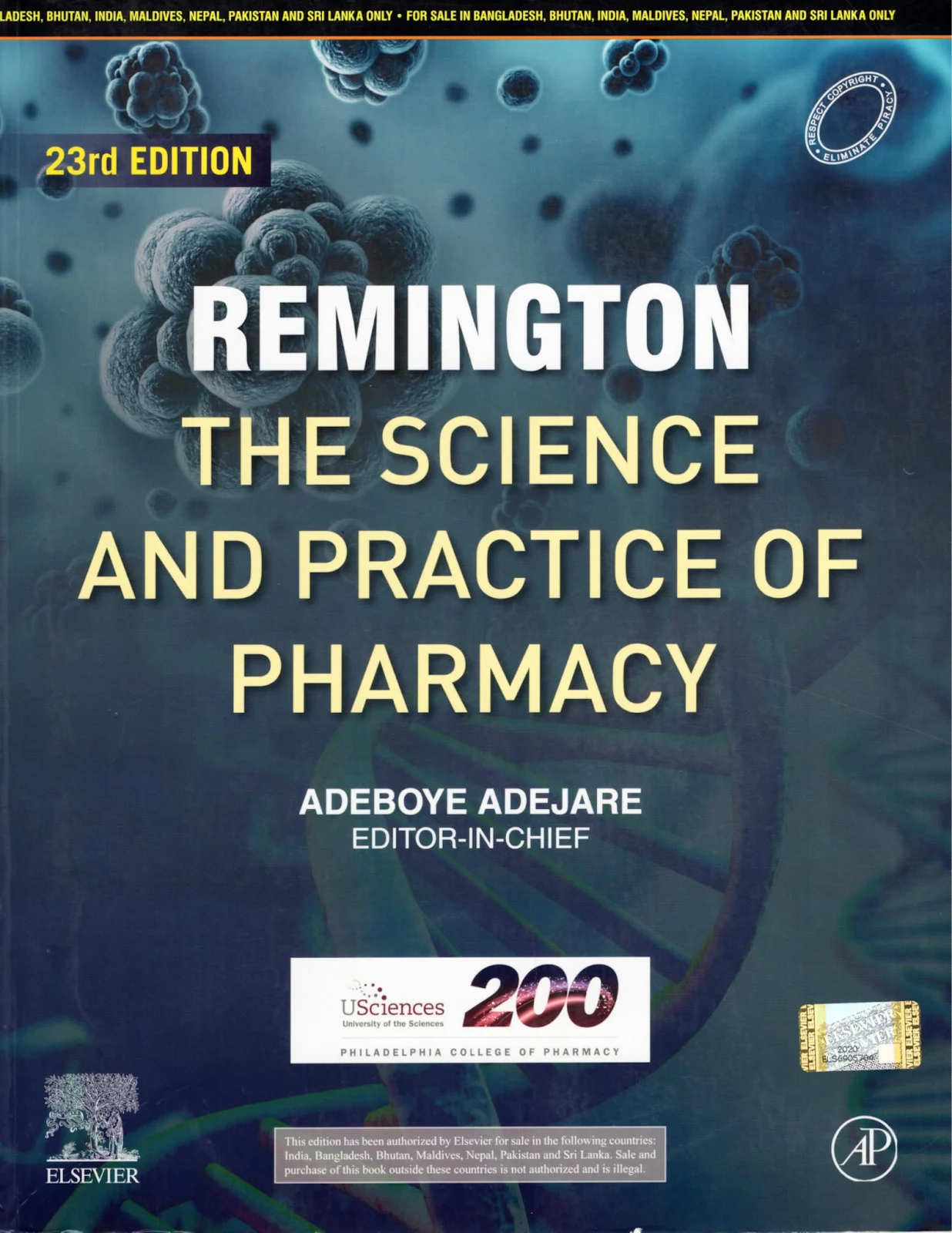
Remington is a comprehensive pharmacy reference used globally by pharmacy students.
It is ideal as an authority text when you need depth.
Use it selectively.
Pro Tip
- Read chapters on hospital and clinical pharmacy, dosage forms and pharmaceutics.
- Pair this with concise notes for day-to-day revision.
2. Pharmacology
Katzung & Trevor - Pharmacology Examination and Board Review
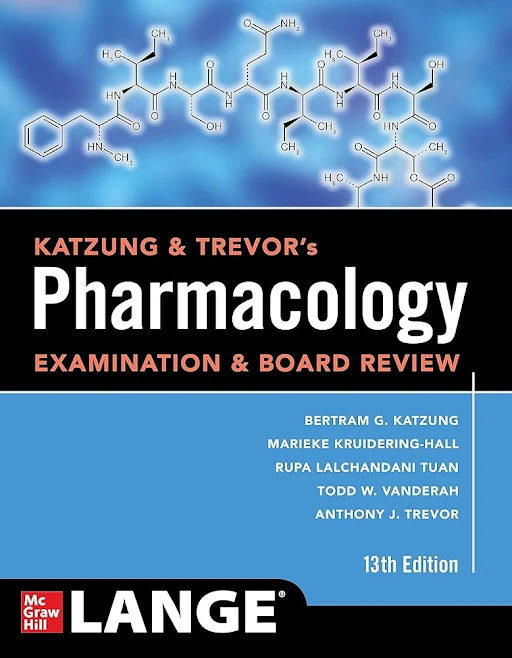
It has clear drug-by-drug treatment, mechanisms, and clinical uses.
It also has a quick-review style that makes it excellent for exam preparation.
It’s commonly used for revamping pharmacology knowledge before objective tests.
Pro Tip
- Focus on high-yield drug classes like antibiotics, cardiovascular, CNS, endocrine.
- After this, practice MCQs in each class.
3. Pharmaceutics & Pharmaceutical Technology
Remington Education (concise volumes)
Theory and Practice of Industrial Pharmacy by Lachman, Lieberman, and Kanig
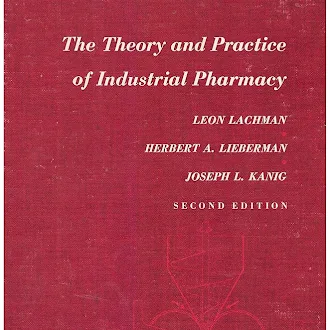
The Remington Education series or standard concise pharmaceutics guides give the same concepts in exam-friendly form.
Use them alongside MCQ books.
Theory and Practice of Industrial Pharmacy by Lachman, Lieberman, and Kanig is great for understanding pharmaceutical technology.
4. Pharmaceutical Chemistry & Pharmacognosy
Exam Guides and bundles
Text Book of Pharmacognosy by T.E. Wallis
Other recommended subject books.
.webp)
For chemistry, concise textbooks and class notes that focus on spectral interpretation, identification tests and synthesis pathways are best.
For pharmacognosy, well-illustrated texts or class notes that list sources, isolation tests and uses help retain facts quickly.
RRB-specific booklists and publisher guides often bundle these topics.
5. General Awareness & General Science
Lucent’s General Knowledge
NCERTs (Class 8–10) for science basics
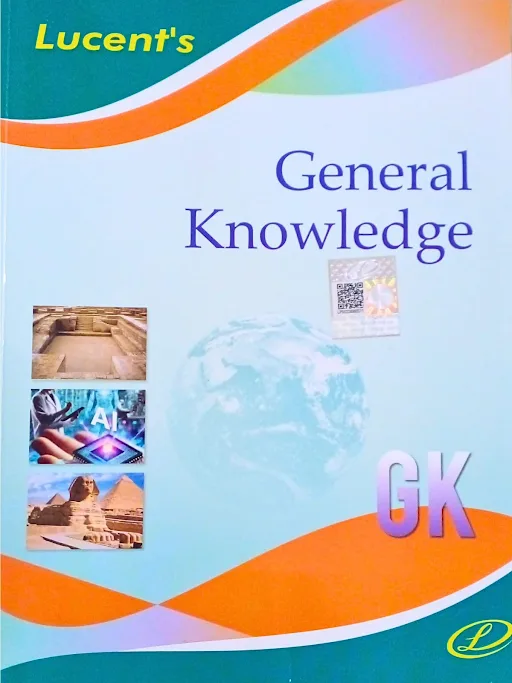
General awareness and science questions are standard across RRB paramedical posts.
Lucent gives a compact GK resource while NCERTs cover basic science facts crisply.
6. Reasoning & Arithmetic
R.S. Aggarwal - A Modern Approach to Logical Reasoning
Fast Track Objective Arithmetic (Arihant)
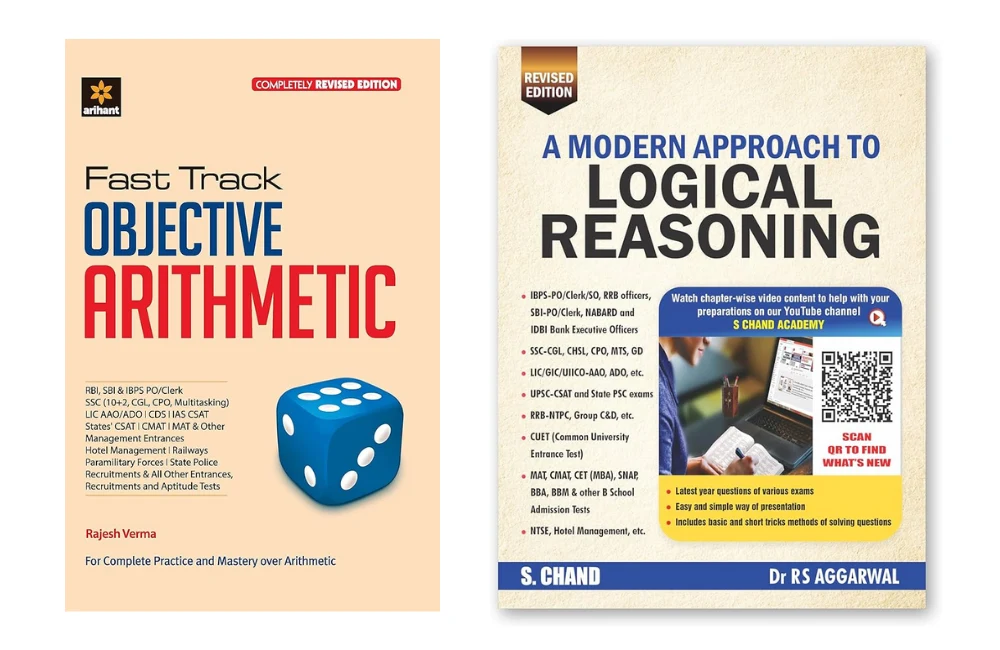
These are standard, with graded practice and short tricks for speed.
Essential for the aptitude and reasoning sections.
7. Exam-focused RRB Pharmacist guides and MCQ books
RRB-specific guidebooks
Previous-year papers and MCQ compilations
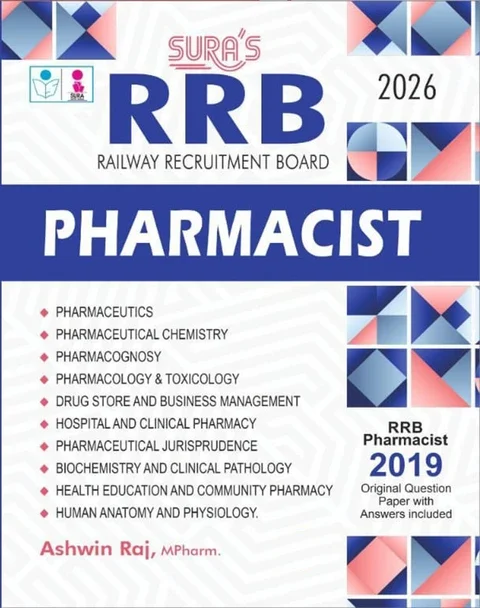
RRB guides and MCQ collections give the exam format, solved papers and targeted practice.
These are crucial for speed and accuracy.
Finish conceptual study, then switch to these books for topic-wise MCQ practice and full-length papers.
Other books include:
- RRB Pharmacist Success Kit
- Mission Pharmacist Combo Book
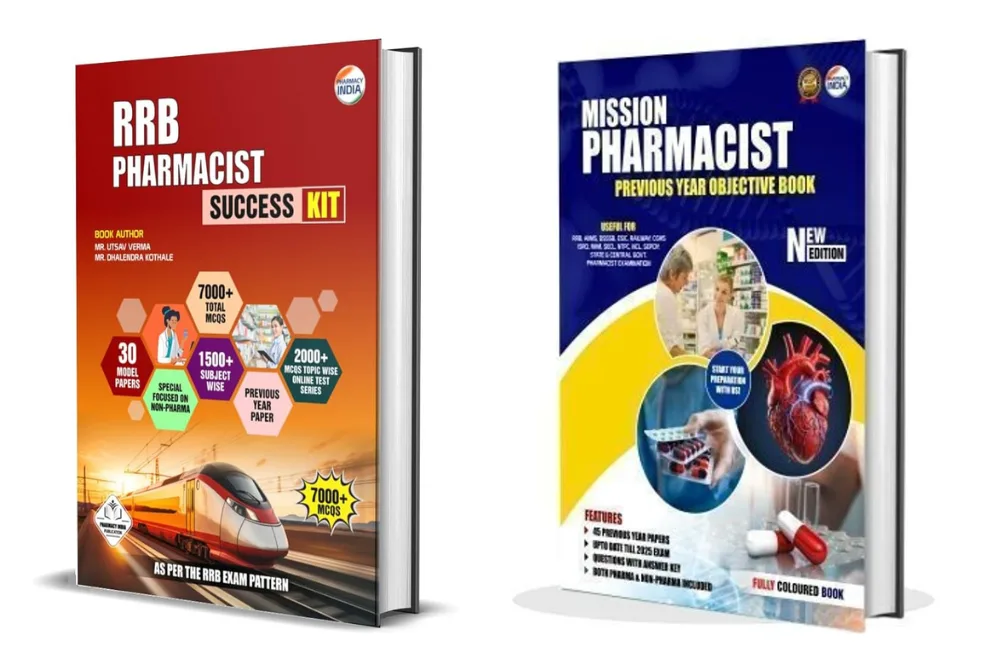
A practical study stack
If you want a lean but powerful stack:
- Core reference: Remington, for deep doubts.
- Pharmacology review: Katzung.
- RRB Pharmacist guide + MCQ book: One updated RRB-specific book that contains professional knowledge and solved papers.
- Reasoning & Maths: R.S. Aggarwal and Arihant Fast-track arithmetic.
- General Awareness: Lucent’s GK + current affairs updates.
This combo balances concept clarity and exam practice. Also ensure the books that you select have good reviews and are authentic.
How to use the books effectively
- Start with syllabus scan. Use the book’s index to map topics to the syllabus.
- Start with theory first. Read conceptual chapters. Make your own notes and flashcards for tricky areas.
- Practise the MCQs. After each chapter, do all MCQs. Mark wrong ones and revisit.
- At regular intervals do a full solved paper under timed conditions.
- Use the book’s review sections or your notes for spaced-revision.
- Use the book’s subject-wise breakdown to identify weak topics and dedicate extra time.
- Don’t neglect reasoning, arithmetic, and general science. These often drag down scores.
- Between editions some content may shift. If you use an older edition, cross-check with the latest syllabus.
Effective Preparation Plan
Phase 1 - Foundation (4- 6 weeks)
- Read concise theory from Katzung chapters and short pharmaceutics notes.
- Make one-page concept sheets for every major topic.
Phase 2 - Practice (4- 6 weeks)
- Solve topic MCQs from RRB-specific books and previous year papers.
- Time yourself through these practice sessions.
Phase 3 - Revision (last 2–3 weeks)
- Rapid revision using pointers.
- Remington snippets for tricky topics and full-length timed mocks.
- Focus on weak areas revealed by mock tests.
Small Things That Matter
- Prioritize previous-year papers. They show question style and repeat topics.
- Balance depth and breadth. You don’t need to memorise the entire Remington. Use it as a reference for complicated doubts.
- Make MCQ a daily practice. Even 30 to 40 targeted MCQs a day will build speed and accuracy.
Parting line
Books are tools. Pick a small, reliable set like one core review, one RRB guide and MCQ book, and standard reasoning and arithmetic and GK. Follow a disciplined schedule and practice mocks relentlessly.
Preparing for the RRB Pharmacist Exam requires the right blend of strategy, consistency, and high-quality study material. The books and guides listed above not only cover the complete syllabus but also provide practical insights through solved papers, model tests, and conceptual clarity.
A well-structured study plan, supported by these reliable resources, can significantly boost your confidence and performance. And with Academically’s RRB Pharmacist exam preparation course, this has become even easier.
Remember, success in the RRB Pharmacist exam isn’t just about hard work. It is also about studying smart with the right tools in hand. Stay focused, revise regularly, and you’ll be well on your way to securing your dream role in the Indian Railways healthcare system.